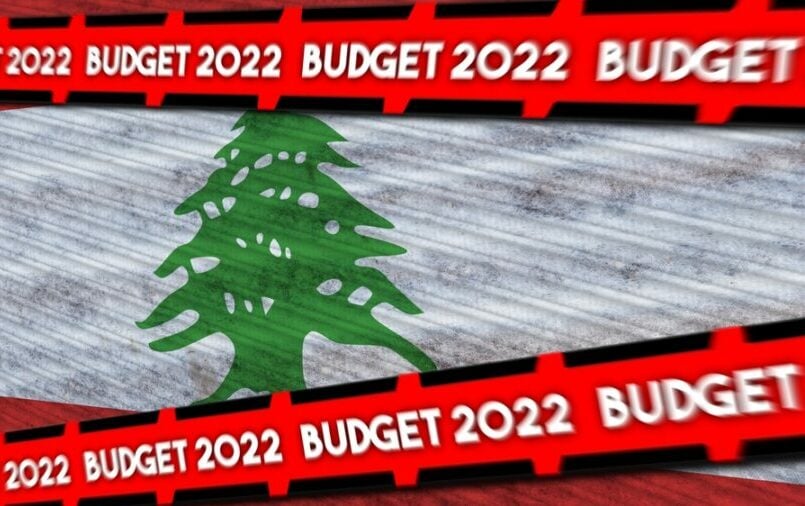Even as 2022 is nearing an end, Lebanon’s parliament approved the country’s 2022 budget, which is one of the International Monetary Fund’s demands to reach a final agreement under which Lebanon will receive $3 billion for a period of four years.
But passing the budget after months of procrastination, study, and scrutiny, it will not meet IMF expectations, as what it says doesn’t live up to the fund’s demands.
The budget, in its final form, will not contribute to improving public finances, nor will it address macroeconomic purposes. Rather, it is a disbursement calculation to boost imports and does not take into account the current economic developments in the country.
The House of Representatives, at the request of the government, approved a customs fee, known as the customs dollar, worth 15,000 liras instead of 1,500 liras to the dollar, which was approved to meet customs duties needs at a time when the dollar exchange rate in the parallel market exceeded the threshold of 38,000 liras.
The government says raising the customs dollar is necessary to increase the salaries of public sector employees, whose salaries now do not exceed $70 based on the parallel market exchange rate.
Last August, the government sent a letter to Finance Minister Yusuf al-Khalil requesting that the exchange rate of the customs dollar be set at the level of 20,000 liras in order to calculate the value of goods to be declared to customs.
The deputy prime minister who chairs the committee tasked with negotiating with the International Monetary Fund, H.E. Al-Shami, demanded that the price of the customs dollar be according to what is traded on the “banking” platform (currently 29,800 liras).
Follow-up sources told Economics Middle East that what Parliament approved in this context is below the ambitions of the Fund, which wanted a single currency exchange price in calculating budget figures.
The Fund demands a realistic exchange rate, which, in its view, could be the price set for the “banking” platform. In its view, the “banking” rate should become the market rate with the unification of the exchange rate for all tax purposes.
This means that work must be done to stop the pattern of multiple exchange rates in determining the price for each fee or tax.
The sources pointed out that the Fund believes that the price of the recently approved customs dollar will not lead to reaching the volume of expected revenues in light of the large margin between it and the exchange rate in the parallel market.
One of the most prominent aspects of the budget is the increase in the salaries of civil servants, military and retired public sector employees, contractors, and all employees in the state. A minimum of five million liras and not more than 12 million liras will be added on basic salaries.
It should be noted that this increase is considered exceptional and limited in time pending the final treatment of the issue of salaries and is not counted towards end-of-service indemnities or pensions.








